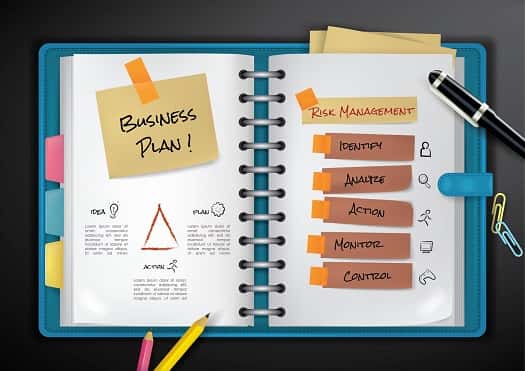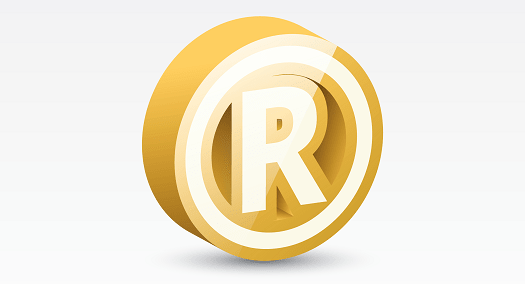Uncategorized
9 Things NOT To Forget Including When Writing A Will
Preparing a will is not something to be humored at. It is actually a responsible thing to do as an adult… especially if you have what you feel is a significant amount of assets.
Surely you don’t want your family to be fighting over your money and personal property when you are no longer around.
It can get very ugly even when you have the legal right to freedom of disposition.
Before I go on, I have to declare that I’m no lawyer. So please do not take this as legal or professional advice. When in doubt, always consult a qualified lawyer regarding legal matters.
I’m just an average individual who is concerned about how my assets are distributed in case of unexpected death. And has experience in drafting, writing, and filing a will (also known as a testament). I feel that any concerned adult deserves to get some inputs on this subject from someone who is not a lawyer.
Firstly, before you (the testator) think about the items to list down in your will, take note of the following key points.
Remember to include:
- your full name, birth date, and social security number
- the name of the execut0r (the person executing your wishes/orders)
- full name of your beneficiaries, including birth dates and social security numbers and addresses if possible
The gist behind the necessity of the above information can be understood implicitly.
But if you require explanation, they are required so that your identity is clear, the identities of your beneficiaries are clear, and the person with the authority to distribute your stuff is clear.
Also. If you are a senior and you are hell bent on having your wishes enforced, you might want to get a doctor to certify that you have a sound mind and capable of knowing what you are doing. Sometimes beneficiaries can legally object to your will’s orders by claiming that you were not mentally fit to make a will.
Now that we have got basic out of the way, here are the things you can include in your will.
1) Real estate

In family feuds where family members are fighting over assets, real estate is usually the item that gets the most attention.
This is not surprising as property is a favorite asset among almost everyone. And it is usually worth a lot… with a strong likelihood of appreciation.
So your house should be the first thing on your mind when writing a will. Don’t forget your land too.
Do you consider your car as real estate too? Well nevertheless, just add it in.
2) Cash

If you are like most people, you would keep a stash of cash in the house for “just in case” moments.
And if this is true, you would not be the only person knowing where that money is. Whether you keep it in a bag or box, don’t even think that not one person among your spouse and children knows where you hide it.
Even if they have really never seen this money visually, they will know where the locations are to hide something like this.
You don’t want your family to fight over “unaccounted” money. So you should document it including
- where you place it
- how much there is
3) Money in the bank

Because of banking legislature, no one (except maybe some sketchy government agencies) will have an exact picture of your banking foot prints.
Meaning you should list down all the savings and current accounts you have with each bank. Also include all the credit facilities under your name so that your family members can do the necessary to release your funds.
The odds are that you won’t be able to spontaneously list down everything you have with the banks. So do spend a little time detailing them to avoid leaving the fate of your hard earned money to luck.
4) Equities

This is a broad category of items that represent holdings in the financial markets.
Because of the ease of trading these days, and the many trading accounts you might hold, nobody can tell exactly what you hold.
Include investments like bonds, stocks, mutual funds, REITs, etc. Do bear in mind that for some of these assets, there might already be a beneficiary by default or who you have included before hand.

|
Can you believe? |
Leaving them to a different beneficiary could complicate matters.
5) Business

What can be more heartbreaking than to spend years building up your business, and have it crumple due to a lack of clarity on ownership.
The shares you hold in private companies must be stated clearly so that they can be distributed formally without any challenges from anyone… including a shrewd vulture of a partner.
6) Valuables

These are things that have good value in the aftermarket.
It includes jewelry, previous gemstones, gold, artwork, antiques, etc.
If you think something you own has value, don’t hesitate to leave it in your will. The beneficiaries can do the work of determining their emotional and market value themselves.
A little hassle in exchange for their inheritance is usually motivation enough.
7) Intellectual property

In the modern world we live in today, intellectual property has become one of the most valuable assets to own.
For example, surely if you are collecting a lifetime of royalties from a perpetually viral video on YouTube, you want that recurring income to go to your family. Don’t let the establishment take that away from you.
Intellectual property include:
- patents
- copyrights
- royalties
- exclusive licensing agreements
- trademarks
- trade secrets
- etc
These could be worth a lot of money.
8) Digital and web assets

You might be surprised that even today, digital assets can be very tough to conduct ownership transfers upon death of the valid owner.
This is partly due to the amount of scams and hackers prowling both online and offline.
If for example, you own a killer Facebook fanpage with millions of fans, even your spouse might had difficulty getting the proper people to do a proper ownership transfer of your account.
I’m not even sure if there are laws that allow family members to claim account ownership when the owner has deceased.
This can really give you a headache especially when you have some valuable stuff like valuable domain names.
I don’t know if what I am about to suggest is in line with the law. But this is what I’d do to ensure that web assets (if I do have any of value) stays with my family.
I’d write a note that list down all my accounts including the usernames and password. Seal them in an envelope and keep it in the house at a place that only inhabitants will know. Then include a sentence in the will to inform them of where to look.
More and more people have online assets these days. And many don’t even know the true value of what they own.
Here are some things to include:
- third party websites which you have an account
- login page URLs with usernames and passwords
- important email accounts with usernames and passwords
- contact information of a trusted friend or partner who can offer guidance
In the case of a valuable domain, you can easily lose it by failing to renew it. So don’t let that happen to you.
9) Residuary estate
Preparing residuary estate is like casting a net to pick up everything else of value that has no designated beneficiary.
You see… when I was drafting this article, I forgot to include my valuable figurine collectibles stored under the bed. The same forgetfulness can affect anyone when writing a will. It just never occurred to you to include them.
Stating a residual beneficiary eliminates this little headache that might befall your family.
This beneficiary will simply inherit “everything else”.
Final note
It is important to remember that your will not include assets with joint tenancy as the ownership of such assets is automatically transferred to the joint owner upon death.
And to prevent total confusion, you should be careful with changing beneficiaries for assets that already have a designated beneficiary. If you must change, do make it as explicit and as clear as possible or it can make the probate process a really messy affair. I strongly suggest that you get a proper lawyer to help you on what to include in a will.



